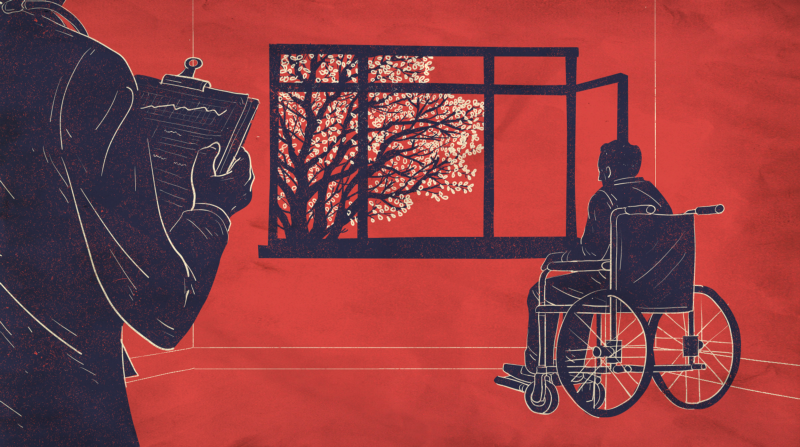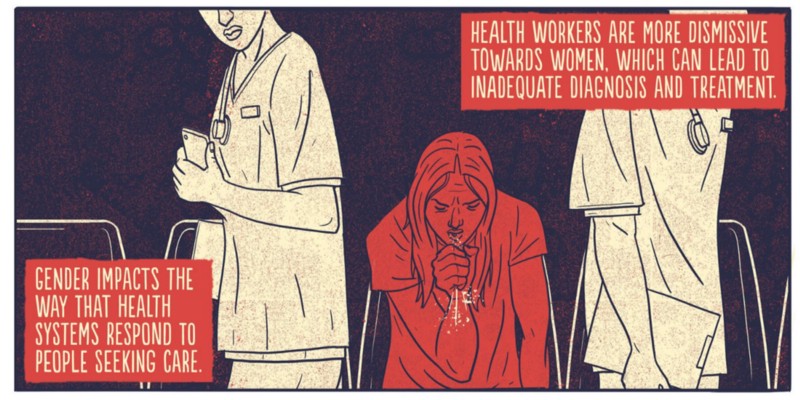
Tuberculosis is the leading cause of death from an infectious agent around the world. But to stop the disease, we need more than technological advancement. From apartheid labor policies to everyday sexism, socio-political issues can influence the spread of TB disease and the effectiveness of healthcare responses. This four-part series explores some of these intersections and explains why, to stop the epidemic, we need systemic change: global health problems need political solutions.

Episode 1: The Exploitative History of One of the World’s Deadliest Diseases
Combating the tuberculosis epidemic means confronting its social and economic roots

Episode 2: We Need More Than Technology to Eliminate Tuberculosis
Strengthening countries’ health care systems means thinking–and acting–far beyond the disease

Episode 3: The Gendered Realities of the Tuberculosis Epidemic
It is scientifically proven that patriarchy shoots everyone in the foot

Episode 4: How Gender Affects the Global Tuberculosis Epidemic
From risk factors to treatment, an illustrated exploration of how the patriarchy shapes one of the world’s deadliest diseases


How We Get To Next was a magazine that explored the future of science, technology, and culture from 2014 to 2019.




